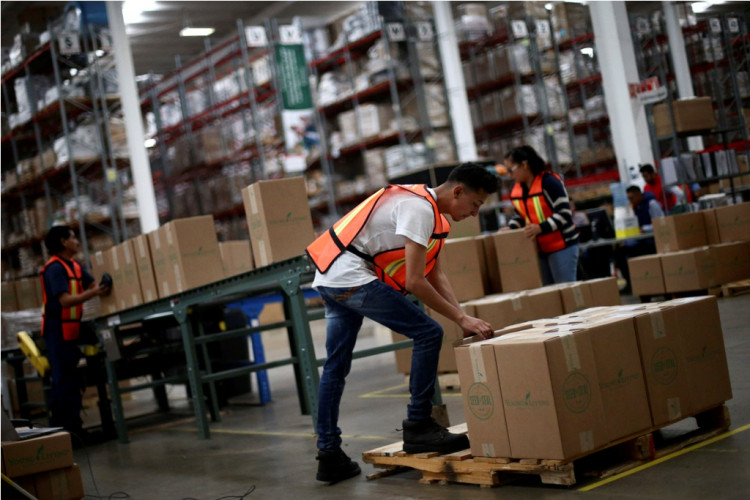Logistics is one of the leading sectors in Singapore and analysts recommended advanced technology training for workers in the industry to help drive a highly-developed logistics future for the city-state.
According to Singapore Business Review, the World Bank's Logistics Hub Index ranked the city-state 7th in global logistics systems. While Singapore continues to give rise to startups in the sector that seek to leverage on e-commerce expansions, analysts said it is still necessary to improve tech skills among employees.
In the near future, industry analysts are expecting to see Singapore's logistics sector making full use of high-end technology. Particularly in the supply chain process, experts said workers need to be skilled in adopting new technologies for more efficient network optimization.
To help drive the industry to greater heights through technological integration, experts recommended that logistics firms and governments working with the sector consider investing largely in training programs for employees of all levels.
Training programs could vary from engineering, mathematics, science, languages, and technology. It has been forecasted that these skills will be highly in demand in the future, especially in logistics, manufacturing, delivery, and even service sectors.
Singapore is known for its welcoming approach to new technology. In the logistics sector, analysts said training should not be limited to office and back-end support workers. Instead, even drivers should be trained to efficiently access and work with route optimization tools that run on data collection.
Technological advancements in the logistics are not new. In fact, robots have been used largely in some logistics firms over the past few years. A new report forecasted that the logistics robots market will reach $1,750 million this year and will expand further to $7,200 million by 2024.
The fast expansion in this particular market has been viewed by industry experts as evidence of advanced technology to be integrated in the logistics sector as the years pass. Workers will be trained to work alongside bots to boost efficiency in workflow.
Globally, logistics network optimization has changed for the better since 2015. Before then, only huge companies were able to use technologically advanced tools that involve big data and blockchain tech. These days, even startups can use cloud computing systems.
It is expected that Singapore will continue to be a regional leader in logistics, especially if it capitalizes on training programs that encourage technology learning among workers. Expansions by Amazon, Alibaba, and other similar companies could further drive the city-state's logistics sector, analysts noted.





